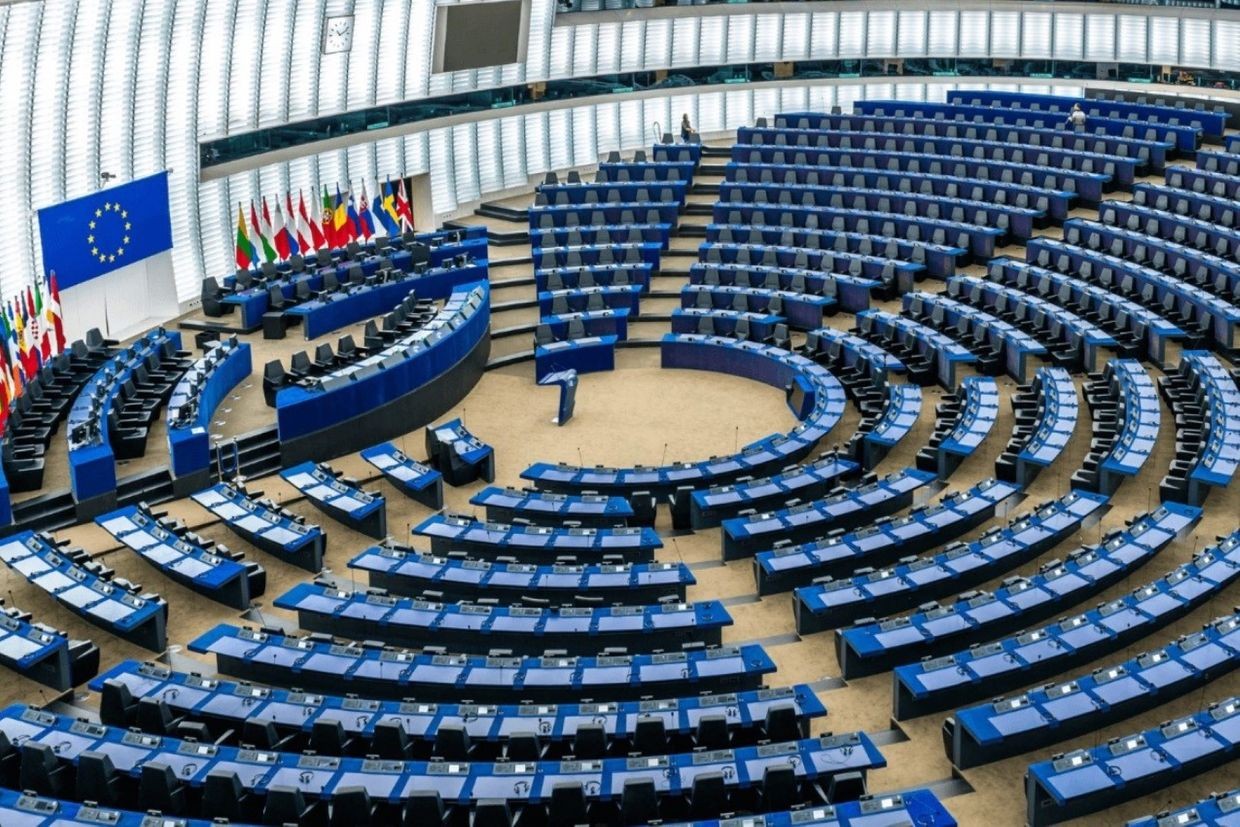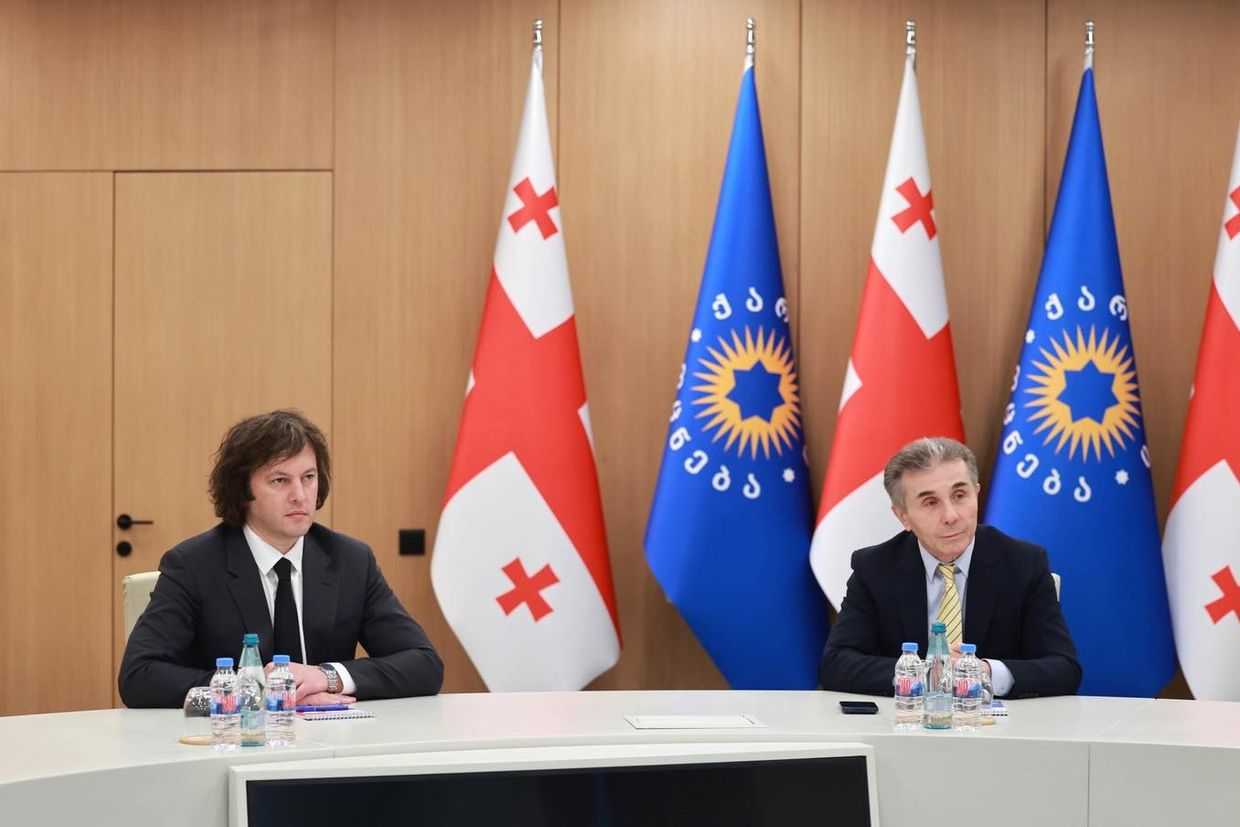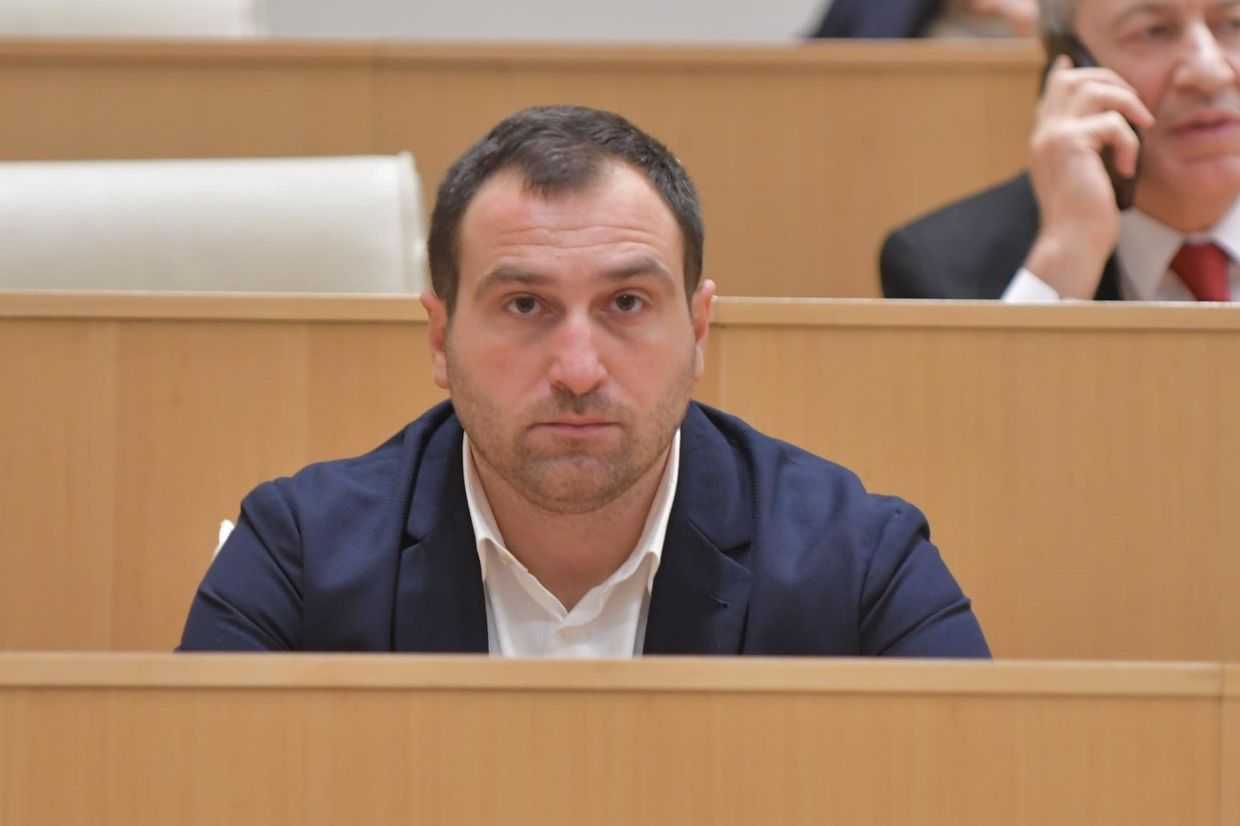
The EU Parliament has issued a resolution condemning democratic backsliding in Georgia, Georgian Dream’s crackdown on its critics, and its turn from the country’s Western aspirations.
The resolution, adopted on Wednesday, offered a scathing condemnation of Georgian Dream’s rule.
It noted that the parliamentary elections of October 2024 failed to meet international democratic standards, resulting in an ‘illegitimate parliament composed of only one political party’, and that Russia had ‘systematically interfered’ in the ‘fraudulent elections’, which included ‘voter intimidation, vote buying, and harassment of election observers’.
They criticised the Georgian government’s crackdown of protests that erupted as a result of its decision to halt Georgia’s EU membership bid until 2028, and its systematic use of legal restrictions and physical violence against independent media.
They expressed solidarity with Georgian protesters and expressed ‘deep regret over the fact that the ruling Georgian Dream party failed to use the historic opportunity granted to Georgia, as a candidate country, to progress on its European integration path’, and noted that the candidate status was given to Georgia ‘with the benefit of the doubt, despite the already concerning trajectory of the Georgian Dream government’s actions, which were increasingly at odds with European values and democratic principles’.
They also condemned Georgian Dream’s adoption of legislation that ‘enables further political persecution, limits the right of assembly, and further shrinks the space for civil society, independent media and the opposition to operate freely’.
The EU Parliament also said that measures taken by the EU in response to the situation in Georgia ‘do not reflect the severity of the situation’, adding that they regret the ‘lack of proactive measures taken and the generally limited and delayed reaction by the [EU] Council and the Commission’. They added that the ‘absence of unanimity’ among EU member states ‘should not prevent those willing to take appropriate and effective measures’.
The parliament welcomed the EU Council’s decision to suspend visa-free travel for Georgian diplomats, and reiterated its call for the EU Commission and Council to review Georgia’s visa liberalisation act, ‘with the possibility of suspending it if the relevant benchmarks and standards on democratic governance and freedoms are not met because of the ruling party’s actions’. The resolution added that Georgian Dream was ‘fully responsible for any consequences stemming from the possible suspension of the visa-free regime for Georgian citizens’.
At the same time, they stressed the importance of the visa liberalisation act for civil society actors, human rights activists, journalists, and others ‘both for travelling to the EU to inform European actors of developments in Georgia, but also for enabling them to quickly leave the country, as many face political persecution by the authorities’.











